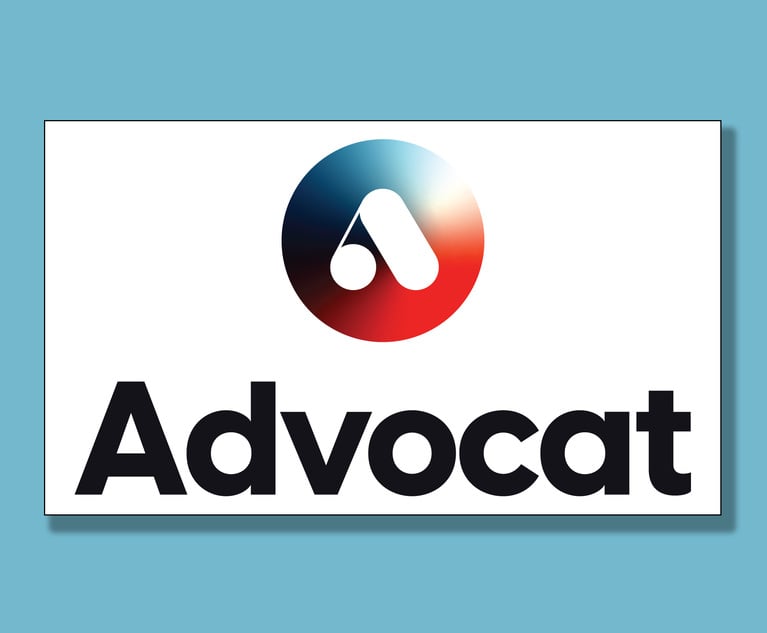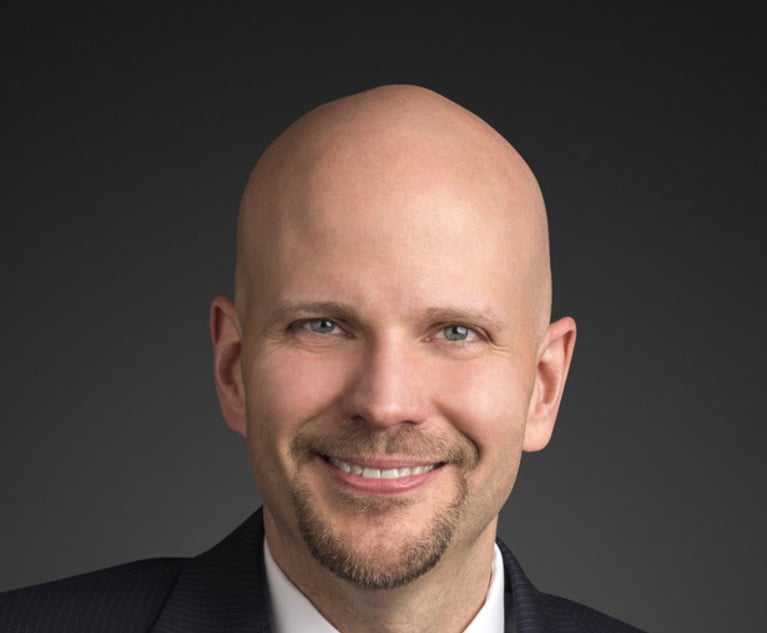Lawyers are exceptionally gifted in finding ways to resist using tools to become more efficient. This is really a two-part problem: (1) habits are hard to break; and (2) the hourly fee model does not provide the appropriate incentives to change and automate work flow. Both will eventually get resolved—the former one retirement at a time and the latter as less competitive firms simply fail.
Efficiency advocates often hear one persistent argument against automation—increased efficiency results in reduced billable hours which means lower revenues. This linear thinking is misguided as evidenced by lessons from the aviation industry.
The Inflection Point for the Aviation Industry
This content has been archived. It is available through our partners, LexisNexis® and Bloomberg Law.
To view this content, please continue to their sites.
Not a Lexis Subscriber?
Subscribe Now
Not a Bloomberg Law Subscriber?
Subscribe Now
LexisNexis® and Bloomberg Law are third party online distributors of the broad collection of current and archived versions of ALM's legal news publications. LexisNexis® and Bloomberg Law customers are able to access and use ALM's content, including content from the National Law Journal, The American Lawyer, Legaltech News, The New York Law Journal, and Corporate Counsel, as well as other sources of legal information.
For questions call 1-877-256-2472 or contact us at [email protected]







